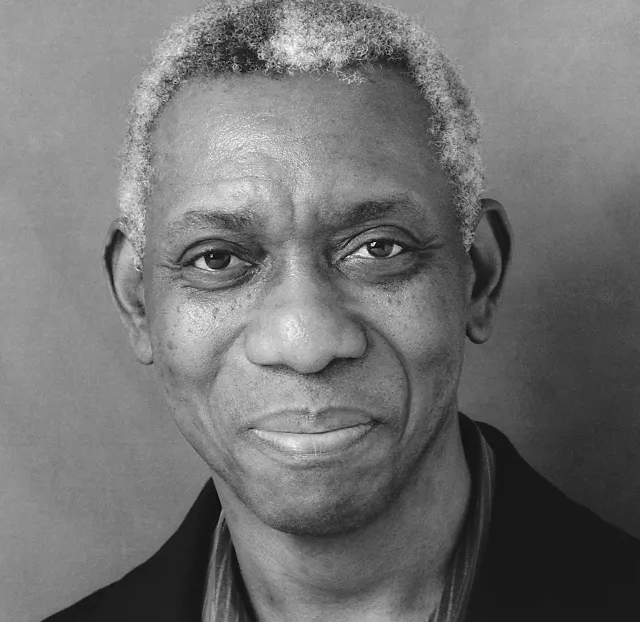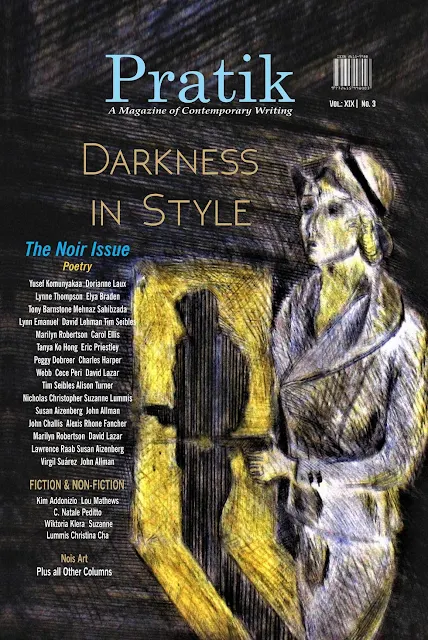ASHWANI
KUMAR
Secret History of Silk
Routes
When I travel
I leave my eyes in the corner of my home in Susa-
They make the journeys difficult.
In my stories,
There is truth and falsehood alike;
Foxes are symbol of collateral love and
Cranes are atheists from our folk tales.
With an army of stone soldiers, exiled poets,
And rogue traders, we go down crooked, perilous
Roads of memories,
Buying and selling cruelties of nations along the way.
Most days were yellow and dusty, but
Often, the sky in Gobi Desert was sliver green as in
Aleppo.
All summer, all winter, we walked with greed and grief
Searching for burnt emeralds and
Thin arrowroot biscuits for Buddhist
Monks in Kublai Khan’s court.
When we reached the city of Shandu, we saw
Upon a colonnade of handsome pillars,
Corpses of newly married young men and women
Hanging together, whispering, counselling each other
Against using unlicensed spices from Indus.
There were no frontiers between
Madness and non-madness. A perpetual
Unfettering of desires to become travelling
Gods led us from one city to another-
Selling picture postcards of savage Samarkand cliffs.
Slowly, we became accustomed to ancient habits-
Petty haggling over occult mysteries of War and
Peace in the bazars of Kinsai.
Now, you can imagine why
We could not fault our austere mules
Flirting with dragons with five- claws in cold Mogao
caves.
When we arrived at the noisy roadside taverns
Heavy-breasted dancing girls
Refused to serve us sumptuous meals;
They were so fed up with sleeping and slimming pills that
They had turned carnivorous in
Good times and hermits in hard times.
By the time we realized
They were obsessed with the perfume of freedom
We had abandoned them to rebels,
Camouflaged in militia uniforms.
With all my spoils of fish and flesh
I return home
find a snake hiding in the eyelids of my
Abyssinian slave mother,
vaccinated against the poison of silk worms.
I kiss her forehead, confess my sins, and
Watch happily my Mangolian dog Pelle
Chasing frightened gazelle on the shores of Tigris.
@ Names of cities used in
the poems are taken from Travels of Marco Polo by Rustichello da Pisa
Ashwani Kumar is a poet, writer, and professor at Tata Institute of Social Sciences. His major poetryanthologies are My Grandfather’s Imaginary Typewriter and Banaras and the Other first of a trilogy onreligious cities. Widely published and translated into several Indian languages, his poems are noted for ‘lyricalcelebration’ of garbled voices of memory and subversive ‘whimsy’ quality. Recently, a collection of his selectpoems titled Architecture of Alphabets has been published in Hungarian. He is also author of Community Warriors, and one of the chief editors of Global Civil Society’@ London School of Economics. He is co-founder of IndianNovels Collective for translation of classic novels from Indian languages, and writes a regular book column in the Financial Express.
Now Available on Amazon India, USA, UK & Canada
Amazon India: https://www.amazon.in/dp/B0BSKRGP4F?ref=myi_title_dp
Amazon USA: https://www.amazon.com/dp/B0BSKRGP4F?ref=myi_title_dp
Amazon Canada: https://www.amazon.ca/dp/B0BSKRGP4F?ref=myi_title_dp
Amazon UK: https://www.amazon.co.uk/dp/B0BSKRGP4F?ref=myi_title_dp















